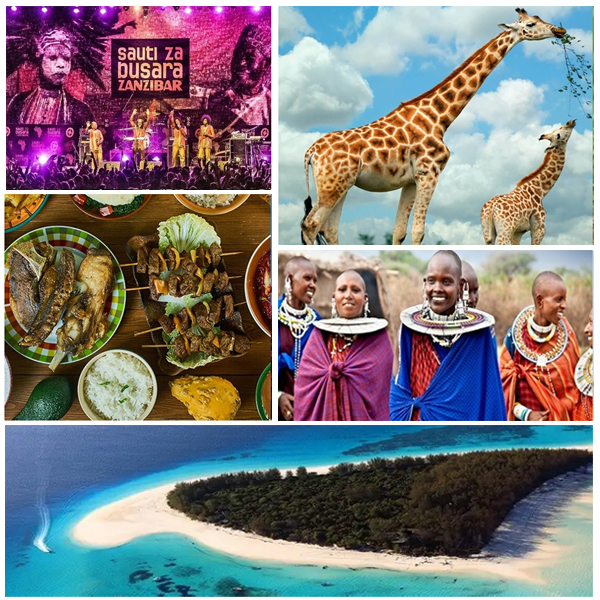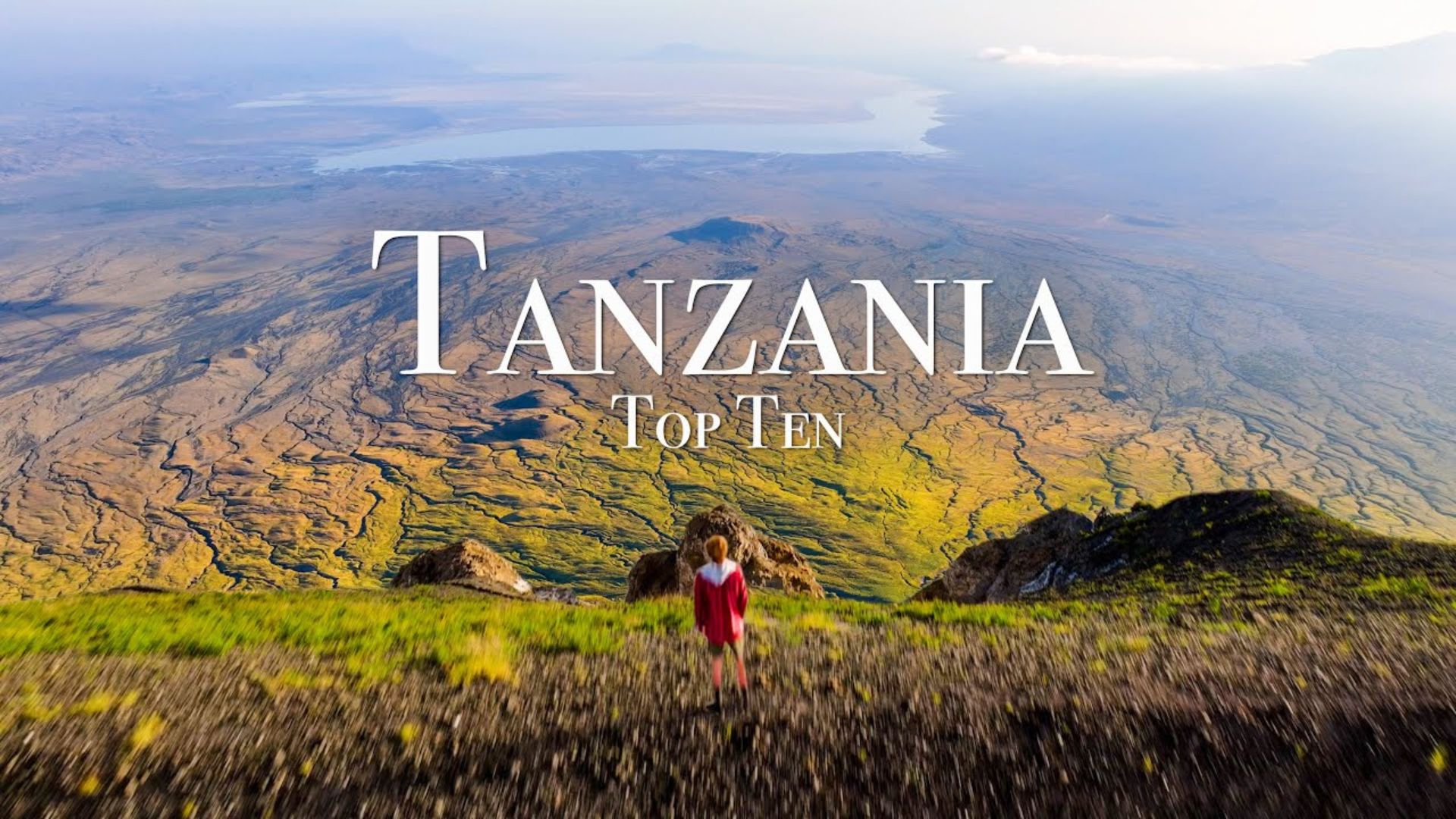
India Tanzania Business and Cultural Council

About Tanzania
Located in East Africa and set between Kenya and Mozambique, Tanzania has the largest land area
among the East African countries. On the east, it borders the Indian Ocean.
Tanzania’s capital and principal commercial city, Dar es Salaam, grew remarkably well from a fishing
village. The government offices in Dar were moved to Dodoma in 1996 making it the country`s
political capital.
Tanzania is home to many hotspots like Mt. Kilimanjaro (Africa`s highest peak), Lake Victoria
(Africa`s largest lake) and Lake Tanganyika (the world`s second deepest lake). Known for its
ecological areas worldwide, Tanzania has numerous wildlife parks, including Gombe National Park, the
site of Dr. Jane Goodall`s behavioral studies of chimpanzees.
Serengeti Plains have one of the largest, wildest animal populations in the world. It is very common
to spot elephants, giraffes, wildebeests, ostriches, herds of impala, baboons, monkeys, lions,
hippos, crocodiles, hyenas, zebras, dikdik, cheetahs and hundreds of others while moving on the
Tanzanian landscape.
Though Tanzania has snow, beaches, dry savannah, country and mountain landscapes, there are only two
seasons in Tanzania: wet and dry. The Tanzanian climate is tropical, but the central plateau is dry
and arid and the northwest highlands are cool. June to September is the cooler season and March to
May has long rains. The hottest months in Tanzania are between October and February. The coastal
areas of Tanzania are hot and humid with the exception of sea breezes that cool the climate.
Tanzania follows the Swahili time, which is from dawn to dusk as opposed to midnight to midday.
Tanzania`s economy depends largely on agriculture, which contributes to almost half of the Gross
Domestic Product (GDP) and uses 80 percent of the workforce. Coffee, sisal, tea, cotton, wheat,
bananas, fruit, tobacco, cloves, cattle, sheep and goats (mostly are used for milk rather than meat)
are among the agricultural products while industries include diamond, gold and iron mining, salt,
oil refining and agricultural processing.
Objectives

Business Council
To promote bilateral trade between India and Tanzania To boost businesses of all the sectors, particularly MSMEs, and create business opportunities To promote businesses of all sizes across the two countries Establish business to business and people to people contact Create tie-ups amongst chambers of commerce and have businesspeople as part of this council.

Cultural Council
To promote cultures and exchange ideas and values through this council Facilitate cultural exchanges in the form of music, dance, history, artifacts, exhibitions, expos and even through online mediums Create opportunities for student exchanges, training and courses to promote cultural relations between India and Tanzania To promote artists through shows, exhibitions, etc. either in person or through online mediums.
